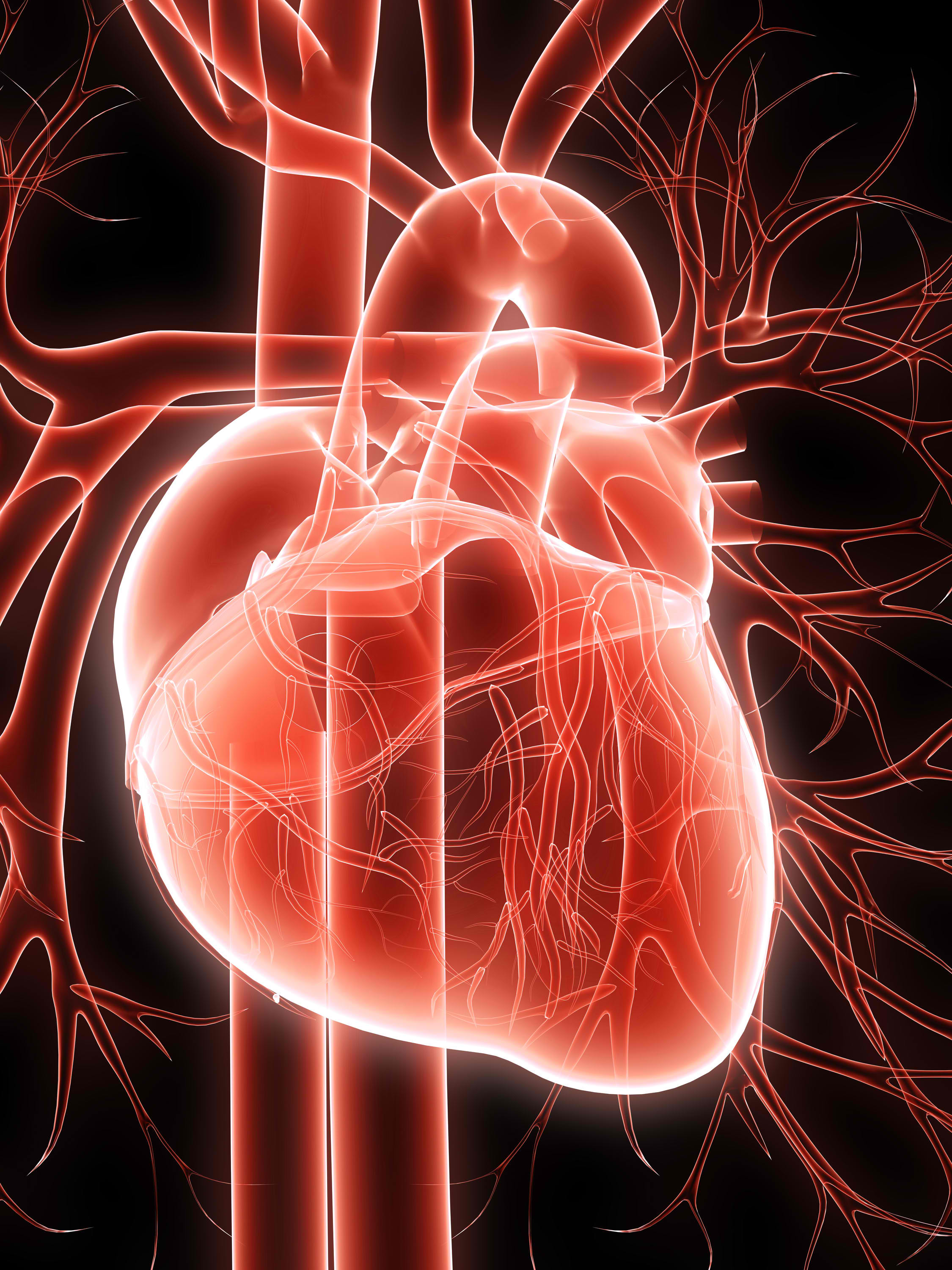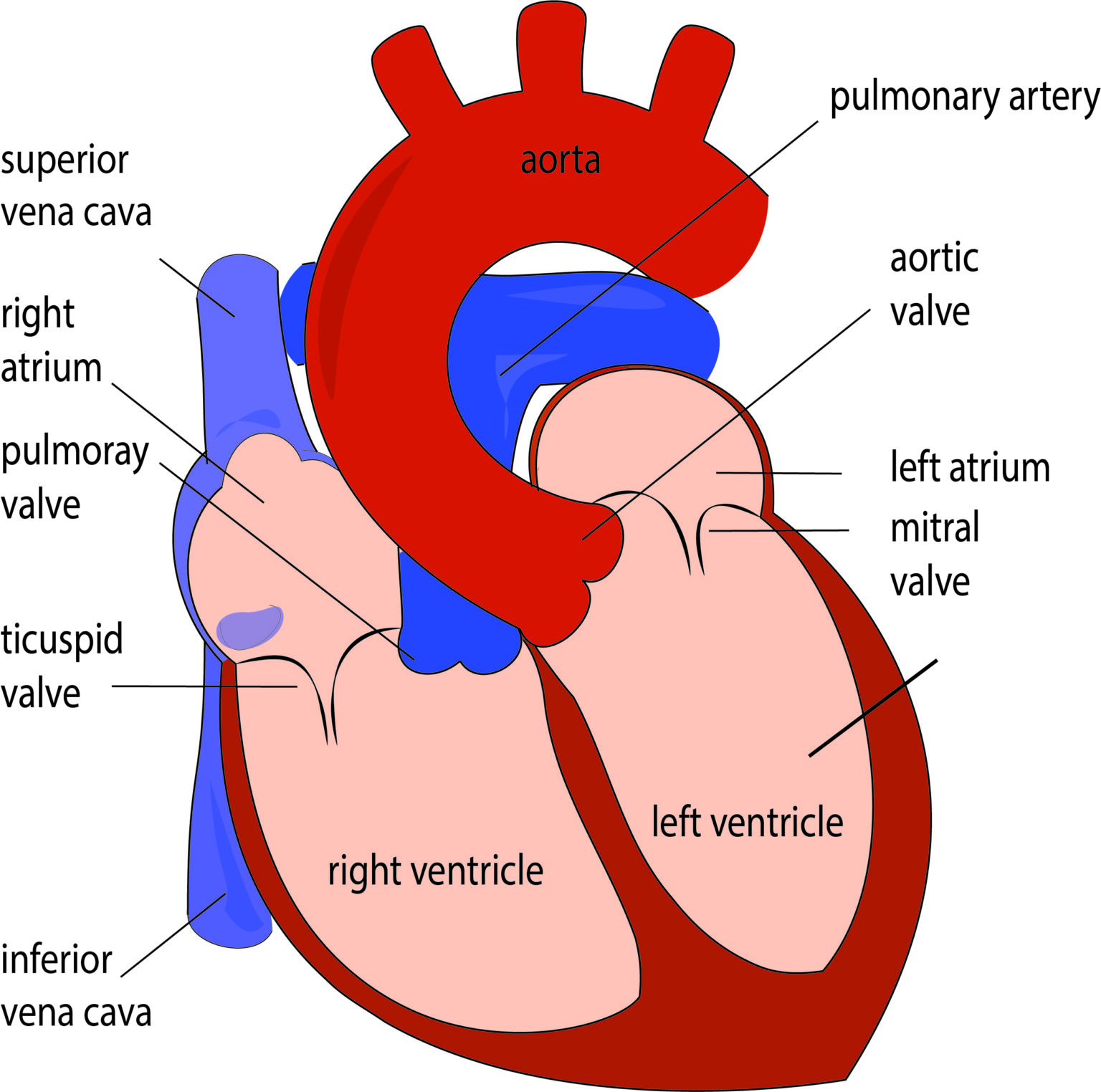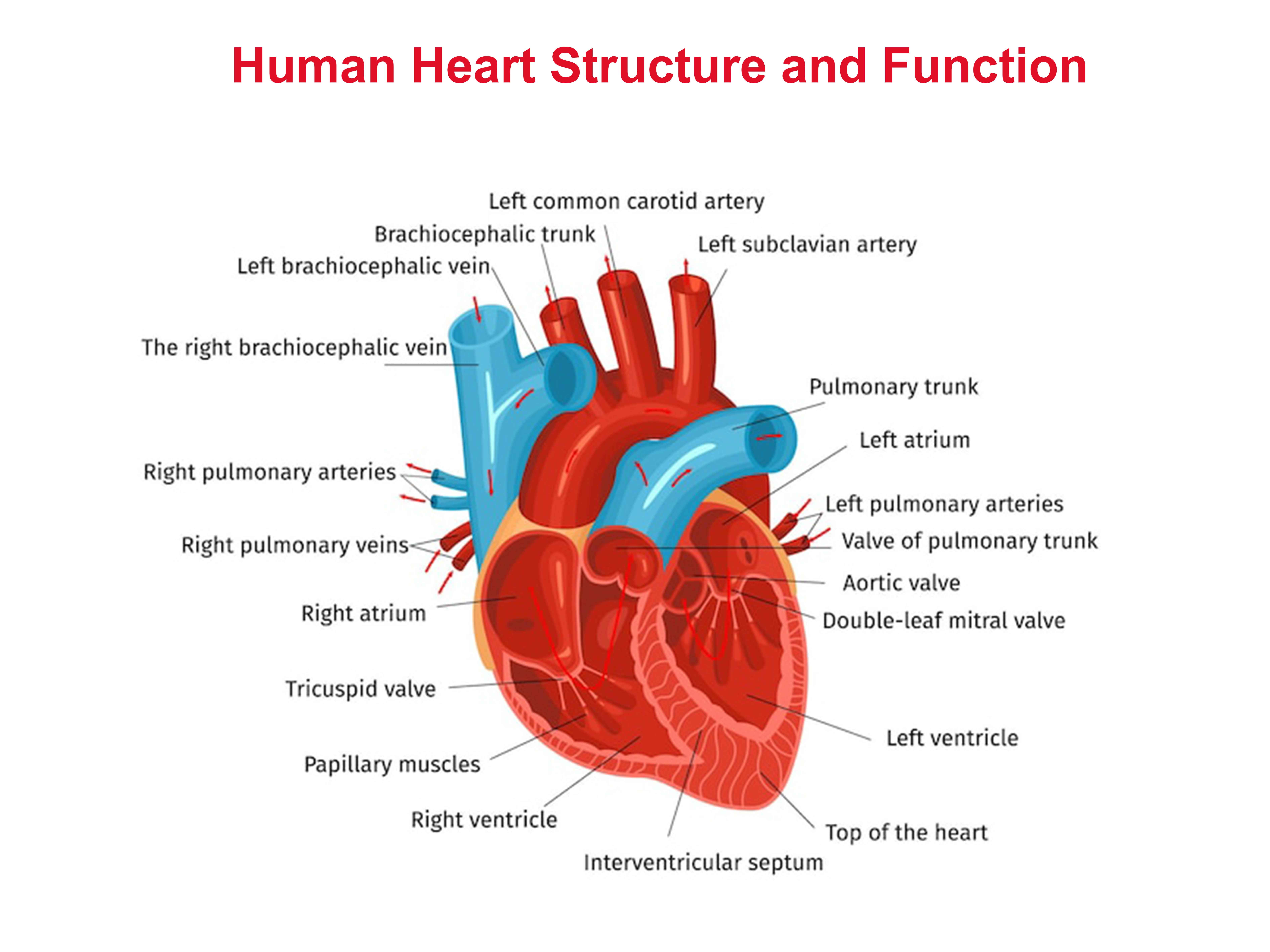Heart Hassle Series: Finding Calm For Your Heart Worries
Many people, you know, sometimes feel little worries about their heart. It's quite common to have a moment where your heart feels like it's doing something odd, or maybe you just feel a bit of unease in your chest. These sensations, in a way, can be unsettling, making us wonder if everything is truly okay inside.
This feeling of worry, that is, about your heart's well-being, is something we all face at some point. It might be a quick flutter, a sudden strong beat, or just a general sense of concern. So, our `heart hassle series` is here to talk about these common feelings and give you some ideas on how to approach them.
We want to help you sort through these everyday heart concerns. This series, you see, will offer simple ideas and helpful tips for keeping your heart feeling good. You'll find out what's typical, what might need a closer look, and how to help your heart stay calm and happy, more or less, in your daily life.
Table of Contents
- What Are Common Heart Hassles?
- When to Pay Closer Attention
- Everyday Steps for a Happier Heart
- Your `heart hassle series` Questions Answered
- Moving Forward with Your Heart Health
What Are Common Heart Hassles?
Many people experience what we call "heart hassles." These are, pretty much, those little things that make you pause and think about your heart. They're often not serious, but they can still cause a little bit of worry, you know.
It's like when you're just going about your day and then something feels a bit off. This `heart hassle series` is all about shedding some light on these moments. We want to help you understand them better, so you can feel more at ease.
Occasional Pounding or Fluttering
Have you ever felt your heart beat really hard for a moment? Or, like, it skipped a beat, then gave a big thump? These are, in a way, very common feelings that many people describe.
Sometimes, this happens when you're feeling a bit anxious or maybe after a strong coffee. It's usually your heart just reacting to something, or perhaps, it's just a normal variation. These sensations, you see, are part of what we're talking about in our `heart hassle series`.
These brief changes in heart rhythm are often called palpitations. They can feel startling, but for most people, they are quite harmless. Really, it's just your heart doing its job, but in a slightly different way for a moment.
Chest Feelings and Unease
Another common heart hassle is a feeling of unease in the chest. This isn't always sharp pain, but more of a pressure or a dull ache. It might make you wonder what's going on, you know.
These feelings can come from many things, not just the heart. Sometimes, it's muscle strain, or perhaps, a bit of indigestion. Our `heart hassle series` aims to help you tell the difference, more or less, between these different sensations.
It's important to pay attention to these feelings, but also to remember that they have many possible sources. Knowing what else might cause them can help ease your mind, basically, until you can get more information.
Stress and Your Heart
Stress is a big one, you know, when it comes to how our hearts feel. When you're stressed, your body reacts in many ways, and your heart is definitely part of that. It's like, your heart can beat faster, or you might feel a bit tight in your chest.
These feelings are, quite literally, your body's way of responding to pressure. The `heart hassle series` will often touch on how our daily worries affect our physical self. Learning to manage stress, you see, can make a real difference for your heart.
It's not just about big, dramatic events. Even everyday annoyances can add up and put a strain on your system. Taking steps to calm your mind can help your heart feel, well, a lot more comfortable.
When to Pay Closer Attention
While many heart hassles are not serious, some signs do mean you should get medical advice. It's important to know the difference, so you can act quickly if needed. This part of our `heart hassle series` is very, very important for your peace of mind.
Paying attention to your body is always a good idea. If something feels truly off, or if a feeling is new and strong, it's best to check it out. Knowing when to seek help is, perhaps, the most valuable part of understanding heart concerns.
Signs That Need a Doctor's Look
There are some feelings that always mean you should talk to a doctor right away. If you have chest pain that feels like pressure, squeezing, or fullness, especially if it spreads to your arm, back, neck, jaw, or stomach, that's a sign. This is, you know, something to take seriously.
Also, if you feel short of breath, lightheaded, or suddenly very tired with chest discomfort, get help immediately. These are signals your body sends, and you should listen to them, obviously. Our `heart hassle series` wants you to be informed about these crucial moments.
Any sudden, severe, or lasting chest pain, especially if it comes with sweating or nausea, needs immediate medical attention. Don't wait to see if it gets better, just call for help. It's better to be safe, you know, than to regret waiting.
Getting Help
If you experience any of the serious signs mentioned, call emergency services. Don't try to drive yourself or have someone else drive you. This is, quite simply, the fastest way to get the care you need.
For less urgent but still worrying symptoms, make an appointment with your doctor. They can listen to your heart, ask questions, and perhaps, do some tests. Getting a professional opinion is always a good step, basically, to ease your mind.
Remember, it's okay to ask for help when you're worried about your heart. Doctors are there to guide you and give you the best advice. They can help you figure out what's going on and what steps, if any, you need to take next.
Everyday Steps for a Happier Heart
Beyond knowing when to get help, there's a lot you can do every day to support your heart. These are simple habits that can make a big difference over time. Our `heart hassle series` truly believes in the power of small, consistent actions.
Taking care of your heart isn't about grand gestures; it's about the choices you make regularly. These choices add up, helping your heart stay strong and healthy. You can find more information about general heart well-being on sites like the American Heart Association, for example.
These simple steps are, in a way, like building blocks for a healthier life. They help not only your heart but your whole body feel better. It's a journey, you know, of small improvements each day.
Eating Well for Heart Health
What you eat plays a huge part in your heart's health. Think about having lots of fruits, vegetables, and whole grains. These foods are full of good things that help your heart work well, you know.
Try to eat less processed food, sugary drinks, and too much salt. These things can put extra strain on your heart over time. Making small changes to your diet, you see, can have a big impact on how you feel.
Choosing healthy fats, like those found in avocados or olive oil, is also good. Eating fish a couple of times a week can also be helpful. It's about balance and making smart choices most of the time, really.
Moving Your Body
Being active is, basically, like a workout for your heart. When you move, your heart gets stronger and can pump blood more easily. Even a little bit of movement each day can make a difference, you know.
You don't need to run a marathon. Walking, dancing, or even gardening can help. Find something you enjoy, and just do it regularly. The `heart hassle series` suggests finding ways to move that feel good to you.
Aim for about 30 minutes of moderate activity most days of the week. This could be broken up into shorter bursts, too. Any movement is better than none, so just start where you are, you know.
Ways to Ease Your Mind
Since stress can affect your heart, finding ways to relax is really important. This could be anything from deep breathing exercises to spending time in nature. What calms one person, you know, might not calm another.
Try things like meditation, yoga, or just listening to quiet music. Taking time for yourself each day can help lower your stress levels. Our `heart hassle series` emphasizes that a calm mind helps a calm heart.
Getting enough sleep is also a big part of managing stress and supporting your heart. When you're well-rested, your body is better able to handle daily pressures. Make sleep a priority, you know, for your overall well-being.
Your `heart hassle series` Questions Answered
We often hear similar questions about heart feelings. Here are some common ones that come up, you know, in discussions about heart health.
Is it normal to feel my heart beat sometimes?
Yes, it's very normal to feel your heart beat at times. This can happen when you're excited, nervous, or after exercise. It's also possible to notice it more if you're resting quietly. These feelings, you know, are usually harmless and a part of how your body works.
Can anxiety cause heart feelings?
Absolutely, anxiety can cause many heart-related feelings. When you're anxious, your body releases stress chemicals that can make your heart beat faster or harder. You might also feel chest tightness or shortness of breath. Managing anxiety, you see, can often help calm these heart sensations.
When should I really worry about chest pain?
You should really worry about chest pain if it's new, very strong, or feels like a heavy pressure or squeezing. If it spreads to your arm, back, neck, or jaw, or comes with sweating, nausea, or dizziness, get help right away. These are serious signs, basically, that need immediate medical attention.
Moving Forward with Your Heart Health
Our `heart hassle series` is here to give you ideas and support for your heart's well-being. It's about feeling more in control and less worried about those little heart moments. Remember, taking care of your heart is a continuous process, you know.
Keep learning and paying attention to your body. If you have concerns, talk to a doctor. They can give you personalized advice. Learn more about general wellness on our site, and also check out this page for tips on building healthy routines.
Being proactive about your heart health can bring a lot of peace. You can feel more confident about your body's signals and know when to seek help. This `heart hassle series` is, very much, a starting point for a calmer, healthier you.

Heart Contractions Simplified - Interactive Biology, with Leslie Samuel

Heart Anatomy Labeled Diagram

Heart Function With Diagram Circulatory System Function And